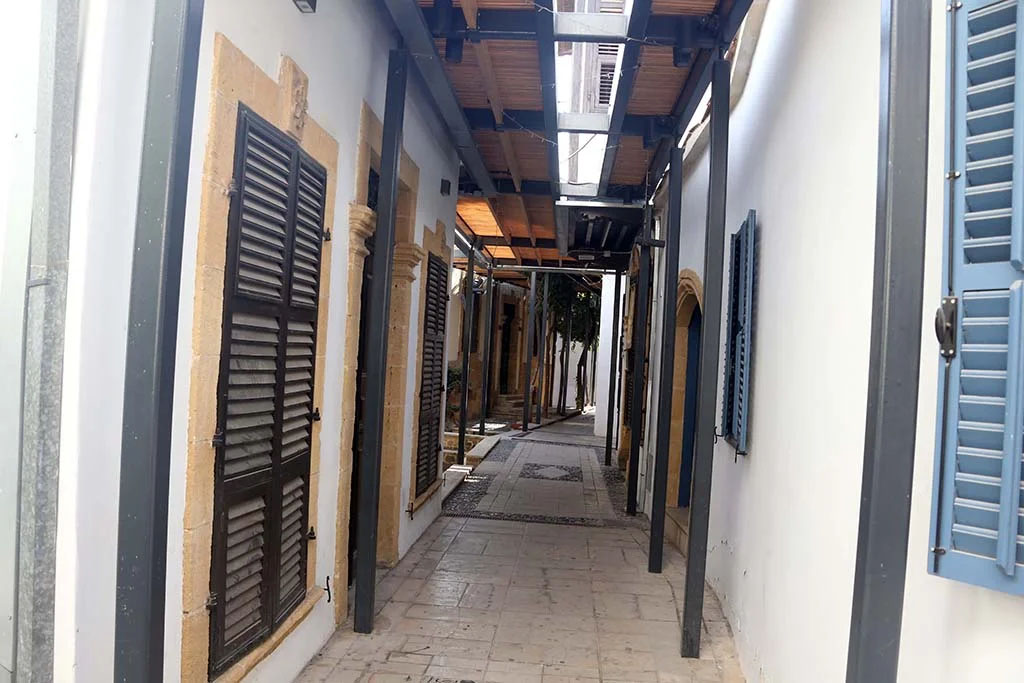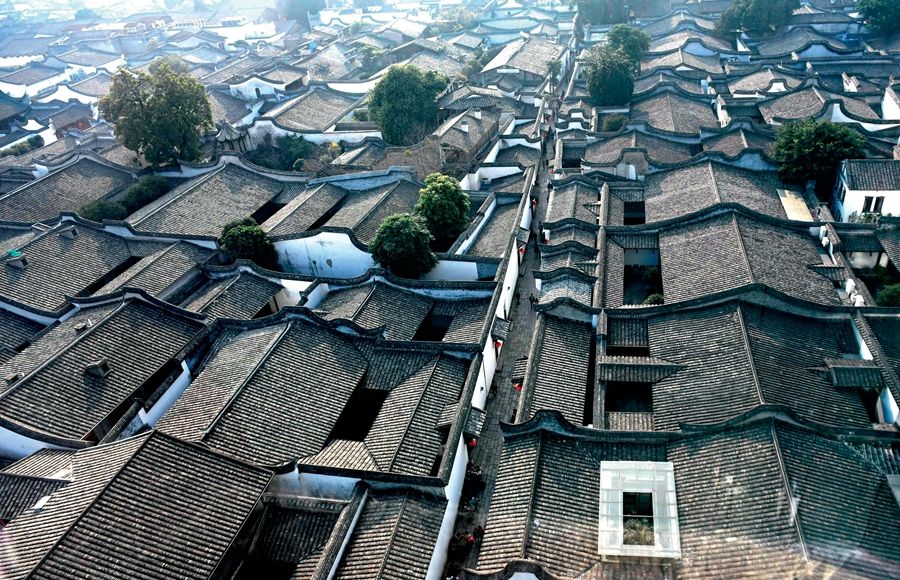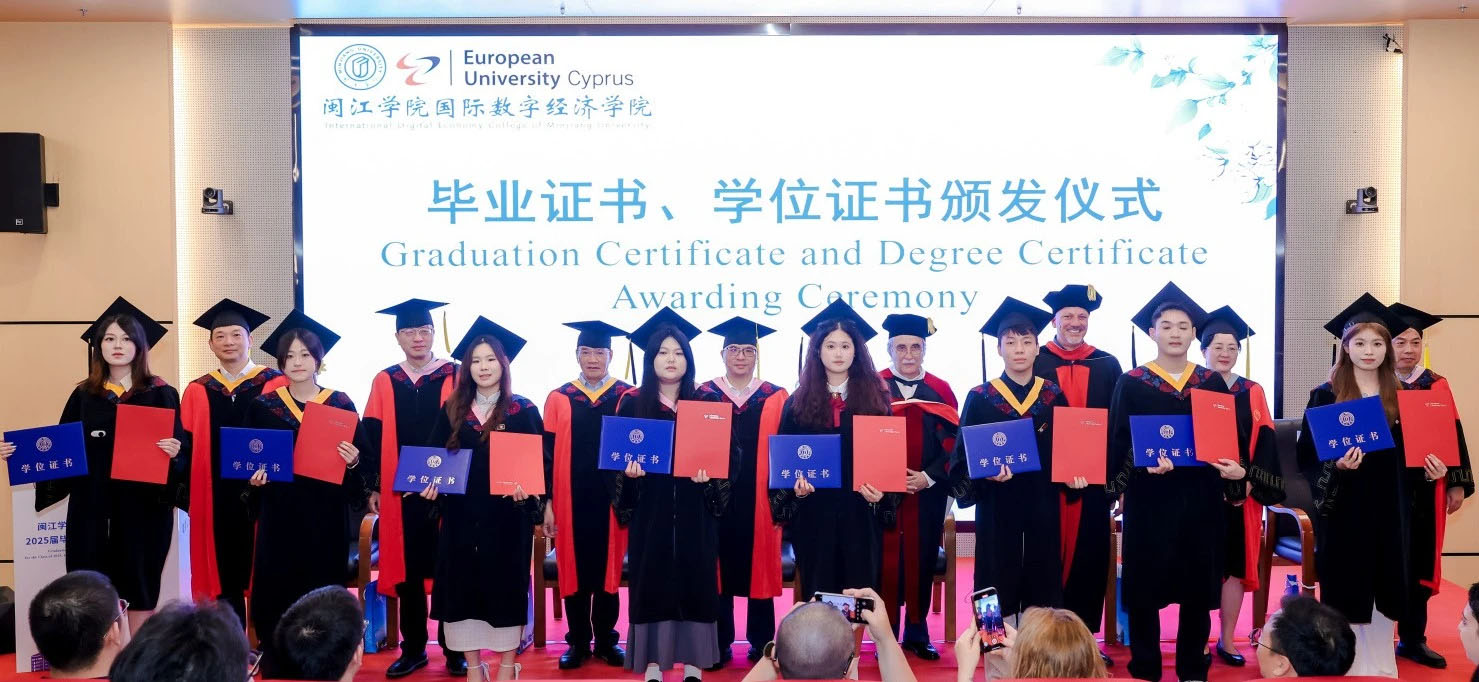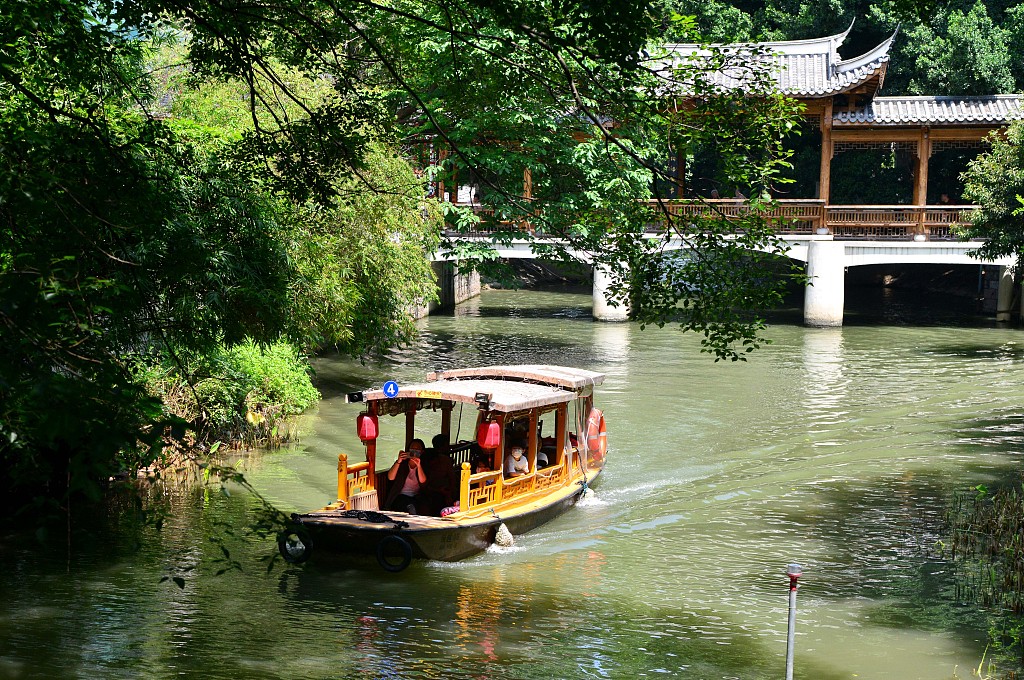With a forward looking approach to life and high tech industries, locations in Cyprus and China highlight the advantages of working together
By Karen Taylor
Walking around the Three Lanes and Seven Alleys area of Fuzhou, it is easy to believe you have found the ‘real’ China. The tightly packed white buildings with green tiled roofs are the only remaining evidence of the neighbourhood system of living that once dominated Chinese cities. Dating from the eighth century, more than 200 buildings remain in the 45-hectare historical district.
The area is somewhat reminiscent of the Laiki Yitonia area of old Nicosia – a city that Fuzhou enjoys sister city status with – inaugurated in 1983 and feted for many years as a crown jewel of old Nicosia. Its shops selling traditional products, restaurants, coffee shops, craft centres, galleries and artisan workshops attracted thousands of visitors a day.
But there is far more to Fuzhou than its old world charm. It literally means ‘lucky city’, and its importance remains in contemporary China, serving as a launchpad for liaisons with the outside world and for key technological initiatives. Located on China’s southeastern coast, it is widely believed to be the starting point of the ancient Maritime Silk Road.

During the Ming Dynasty, Fuzhou served as the departure point for Admiral Zheng who extended the maritime and commercial influence of China throughout the regions bordering the Indian Ocean by undertaking a series of expeditions starting at the beginning of the 15th century and taking him to Vietnam, Thailand, Malacca and Java and then continuing on to India and Sri Lanka. Later voyages reached as far as the eastern coast of Africa.
These voyages established ties between previously unconnected countries and cultures, bringing the world closer together and promoting a more complete understanding of the human experience.

During the Tang and Song dynasties, Fuzhou flourished as a coastal trade hub, known for its shipbuilding and tea exports. Marco Polo is believed to have passed through in the 13th century, describing it as prosperous and internationally connected.
Today it continues to serve as a leading city on the 21st Century Maritime Silk Road, with its port now ranked among the world’s top 20 by cargo throughput. It has witnessed frequent trade, business exchanges, and multicultural integration between China and the Middle East and other Asian countries and regions, and was one of the earliest cities in China to open up and implement reform.
“The Maritime Silk Road has always been and will continue to be a route for economic and cultural exchanges, as well as a path toward peaceful development and friendship,” deputy director of the Quanzhou Maritime Museum Zhang Enqiang said.
And Fuzhou today is also known for its forward-looking industry, after now President Xi Jinping, previously party chief of Fuzhou, called for developing a “digital Fujian” in 2000, where he served as an official for 17 years. According to vice governor of Fujian Zhao Long, the construction of digital Fujian has served as a prelude to and preview of the construction of digital China. As a result, China has become a key player on the global stage with respect to cyberspace, big data, cloud computing, artificial intelligence and high-tech industries.
It is through this digital lens that Fuzhou has another link to Cyprus. In July the European University Cyprus (EUC) saw its first graduates completing four bachelor programmes at the International Digital Economy College (IDEC) at Minjiang University, on which more than 1,000 students are currently enrolled.

This landmark event marked the successful culmination of a strategic academic partnership between EUC and Minjiang University, a collaboration years in the making. Speaking at the graduation, Professor Loizos Symeou highlighted EUC’s longstanding commitment to educational, cultural and research collaboration with China, pointing to the IDEC partnership as a model of global cooperation.
Elsewhere, Fuzhou’s bustling port speaks volumes about its success in developing a marine economy, born from an all-round comprehensive development plan in 1990 focusing on key coastal zones and sea areas. Now Fuzhou has developed into a coastal city with one of the most active marine economies in China.
Again, the roots of this industry reflect Fuzhou’s early embrace of the outside world. As far back as the Qing Dynasty (1644-1911), Fuzhou was the site of a major experiment with Western technology. The Fuzhou Navy Yard was established with help from the French, including a naval academy that became a centre for the study of European languages and technical disciplines.
Fuzhou, the provincial capital of southeast China’s Fujian Province, has become an important hub connecting China to the rest of the world, especially in areas including new materials, artificial intelligence (AI), textiles and digital information.
Like mountains and the sea, the bond between China and Cyprus is reflected in the port city of Fuzhou. With its tech sector and its busy port though perhaps it is Limassol that is most similar to Fuzhou among the cities of Cyprus.
“Limassol is the soul of economic progress and development, shipping operations and technology companies,” President Nikos Christodoulides said earlier this year, emphasising that it had managed to retain its Cypriot identity despite the pressures of rapid development and growing multiculturalism.
About Mirror of Culture
Mirror of Culture is a joint initiative of the Cyprus Mail and the Chinese embassy. It highlights the parallels between Cypriot and Chinese culture to set an example of acceptance, respect and
understanding among the various cultural communities on the island, recognising the fundamental importance of culture.
Culture is the universal language that transcends many barriers, including language and geography. The aim is to work with diverse cultural communities in Cyprus to share and promote our vibrant cultures to further bolster the bonds among all the people of Cyprus and celebrate the diversity of cultures in the world.
Furthermore, the initiative understands the importance of cultural preservation, which is an important way for us to transmit traditions and practices of the past to future generations.






Click here to change your cookie preferences